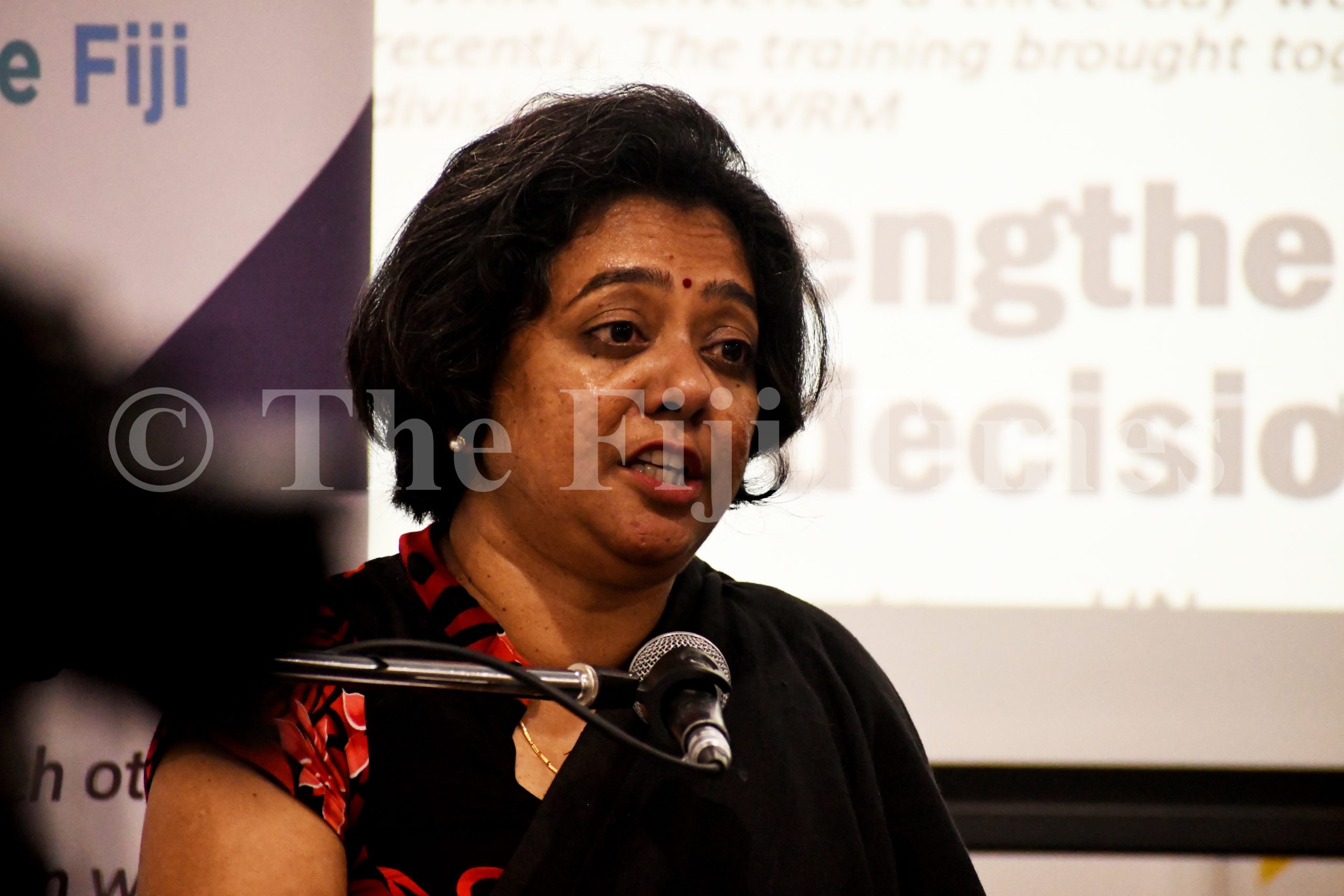MANY individuals have long been suppressed and unheard, and now there is a growing need to create space for them to articulate their pain and begin the healing process.
Assistant Minister for Women and Children Sashi Kiran said this during a trauma awareness and recovery workshop for women leaders which was facilitated by psychologist, Reverend Ioane Sigarara, who specialises in post-traumatic stress disorder (PTSD).
Ms Kiran noted that through the workshops, it has become clear that many people continue to speak about traumatic events from the past as if they had occurred only recently.
“When people talk about their trauma, it feels as though they are speaking of events that happened yesterday, even if those events occurred decades ago,” Ms Kiran said.
“It’s been absolutely mind-boggling.”
Ms Kiran said this underscores the depth of unresolved emotional wounds carried by many in the community.
She said it was important to start the conversation on trauma, a process that was already underway through various workshops with faith leaders, women’s organisations and youth groups.
“The awareness of how traumatised we are as a society is critical.
“What is post-traumatic stress? And almost inevitably, right after that, people ask, ‘How do we access support?’”
Mr Sigarara is training counsellors in PTSD, and a series of workshops are being organised to support various groups, faith-based organisations, women’s groups and youth leaders eager to understand trauma and contribute to the country’s recovery.
“The youth also need to think through what is affecting them, what their vision of peace is, and how they can contribute to nation-building moving forward.”
Ms Kiran also referenced the ongoing trauma caused by the coups and human rights violations in Fiji’s history, including those in 1987, 2000 and 2006.
“No coup can be justified, no human rights violation can be justified.
“It’s important to open the spaces to talk, for people to start.
“At the moment, people are in the space of venting and anger, so, hopefully, we create spaces where they are able to vent, start articulating their hurts, being able to frame their conversations and how they want to frame their conversations to the commission.”
Looking ahead, Ms Kiran spoke about the upcoming Truth and Reconciliation Commission, which would offer a platform for people to share their experiences and begin a national healing process.



